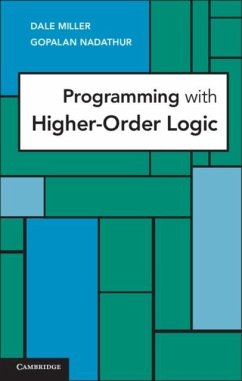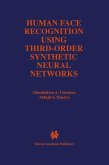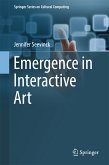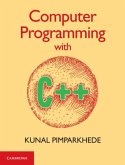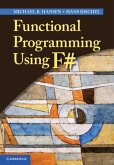Formal systems that describe computations over syntactic structures occur frequently in computer science. Logic programming provides a natural framework for encoding and animating such systems. However, these systems often embody variable binding, a notion that must be treated carefully at a computational level. This book aims to show that a programming language based on a simply typed version of higher-order logic provides an elegant, declarative means for providing such a treatment. Three broad topics are covered in pursuit of this goal. First, a proof-theoretic framework that supports a general view of logic programming is identified. Second, an actual language called I Prolog is developed by applying this view to higher-order logic. Finally, a methodology for programming with specifications is exposed by showing how several computations over formal objects such as logical formulas, functional programs, and I -terms and I -calculus expressions can be encoded in I Prolog.
Dieser Download kann aus rechtlichen Gründen nur mit Rechnungsadresse in A, B, BG, CY, CZ, D, DK, EW, E, FIN, F, GR, HR, H, IRL, I, LT, L, LR, M, NL, PL, P, R, S, SLO, SK ausgeliefert werden.

